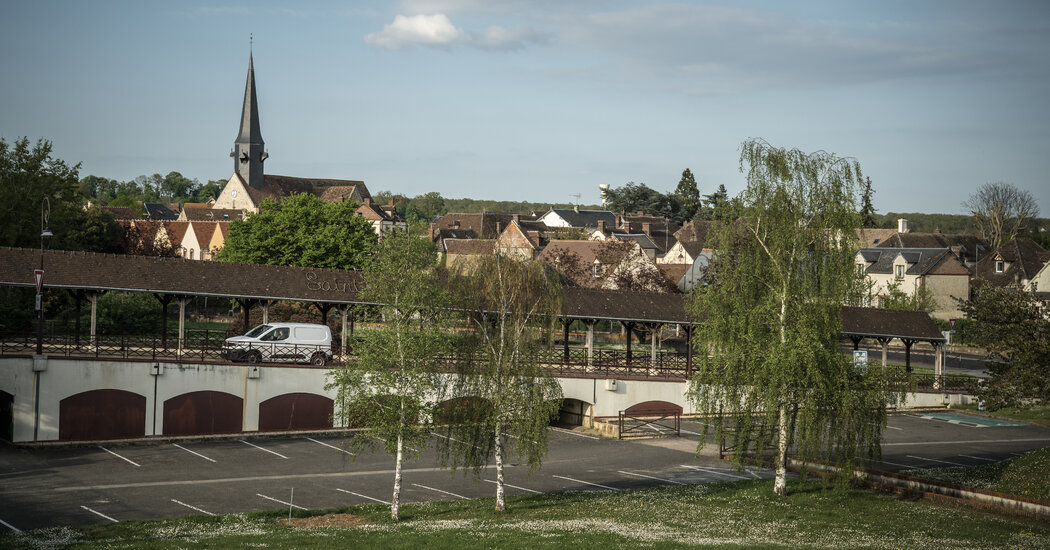
“If women are wearing them just for their religion, OK,” Mr. Gérard said, “but I think in general it’s a provocation.”
Maryvonne Duché, another firm supporter of Ms. Le Pen, was seated at a table close by. She started work at 14 as a sales clerk, before spending 34 years on the production line at a nearby Philips electronics factory, which closed 12 years ago.
“Apart from two pregnancies, I worked nonstop from age 14 to 60, and now I have a pension of 1,160 euros a month,” she said — or about $1,250. “It’s pathetic, with almost half going in rent, but Macron doesn’t care.”
And Ms. Le Pen? “I don’t love her, but I will vote for her to get rid of Macron.”
The view of Mr. Macron in this town was of near-universal disdain: a man with no respect for French people, removed from reality, so cerebral he has no idea of “real life,” insensitive to the everyday problems of many people, from a class that has “never changed a kid’s diaper,” in Mr. Gérard’s words.
Ms. Le Pen, by contrast, is seen as someone who will protect people from the disruptive onslaught of the modern world.
What to Know About France’s Presidential Election
France, like other Western societies including the United States, has fractured, with a liberal, global and metropolitan elite parting company from what the French call “the periphery” — blighted urban and remote rural areas that feel left behind and often invisible.




